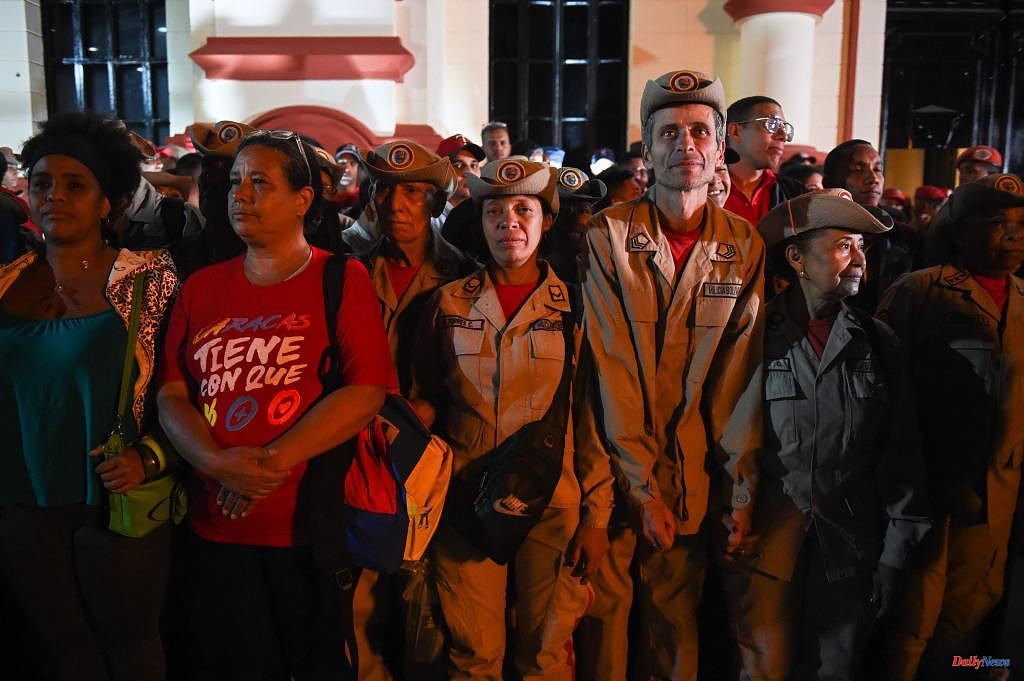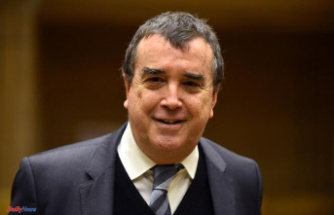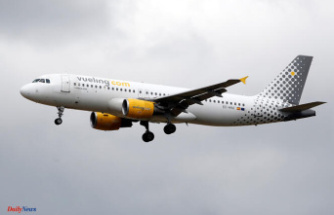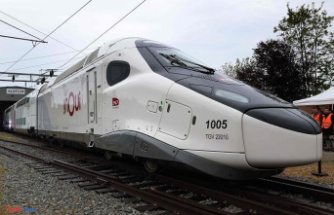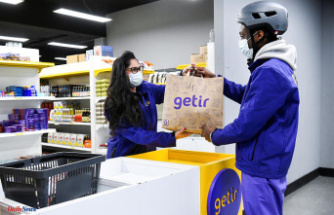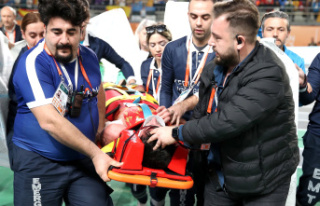Chavismo cleared the cobwebs just in time from what was their favorite hymn in other times, Chávez corazón del pueblo, to accompany the commemoration of the 10th anniversary of the "sowing of the giant." Followers and friends came all day to the Cuartel de la Montaña, his mausoleum in the revolutionary stronghold, to remember Hugo Chávez, to whom most of the allies who have come to Caracas these days owe so much.
At the head, the Cuban Raúl Castro, 91, who does not like to travel abroad for almost no reason, and the Sandinista caudillo Daniel Ortega, 77, who once again exhibited his physical ailments. The three dictatorships of Latin America reunited once again around the figure of the so-called messiah of the poor, who thanks to his Bolivarian dreams and millions from oil strengthened and intertwined his roots in American lands. Hence, the extensive Castro entourage, which also included the Prime Minister, Manuel Marrero; Foreign Minister Bruno Rodríguez and Commander Ramiro Valdés.
"Commander Hugo Chávez continues to be a shining star in the heart of the Venezuelan homeland," stressed the host, Nicolás Maduro, who always evokes his political godfather when necessary, despite the fact that years ago he began a departure from his economic policies and propaganda: from the semi-religious cult of Chávez to the personal cult of his successor.
Chávez's icon has faded over time until it has become a pleasant memory for half of the country, which refuses to associate him with the current catastrophe despite multiple evidences. The other half hate him. Only the nostalgic joined yesterday, on a radiant Sunday, the events organized by the revolution, which dusted off slogans that seem from another century, such as "love is paid with love" or "Chávez lives, the country continues."
"Chávez sweated and fought to build the Great Homeland," recalled former Ecuadorian President Rafael Correa a few meters from his friend's coffin. "Fidel and Chávez broke the fear of speaking against the empire and capitalism. Now the empire is defeated, how many socialist presidents do we have! They have been defeated by the peoples of Latin America," recited another former president, Bolivian Evo Morales, who he shared in the Venezuelan capital with his successor, President Luis Arce, despite the harsh political confrontation between his two sides within the Movimiento Al Socialismo (MAS). Both Fidel and Chávez were instrumental in the cocalero unionist's first electoral victory in 2005.
From Honduras also came Mel Zelaya, the husband of President Xiomara Castro, a true strong man of the Government. Chávez welcomed him after the 2009 coup, even giving him a public position in PetroCaribe while he supported the formation of his party.
Behind the guests, the proclamations and the fireworks stands out the reality of a country that has lost 80% of its Gross Domestic Product and that has squandered more than the 980,000 million dollars received during Chávez's oil boom, which he left behind when he died. the minimum salary anchored in around 300 dollars. Today it is close to six dollars a month.
"The current regime raised Chávez to the political altars and with that bolstered the power of Maduro, but it was slow to shake off his long shadow, postponing urgent economic measures and the renewal of his government team. A labyrinth of compromises and betrayals for the that Maduro has advanced through trial and error, negotiation, force and coups, always having as his goal his consolidation as the only heir of Chávez, the eternal candidate of the revolution and a president with a genius and figure different from his predecessor," he concludes. for EL MUNDO the sociologist Gianni Finco.
According to the criteria of The Trust Project

